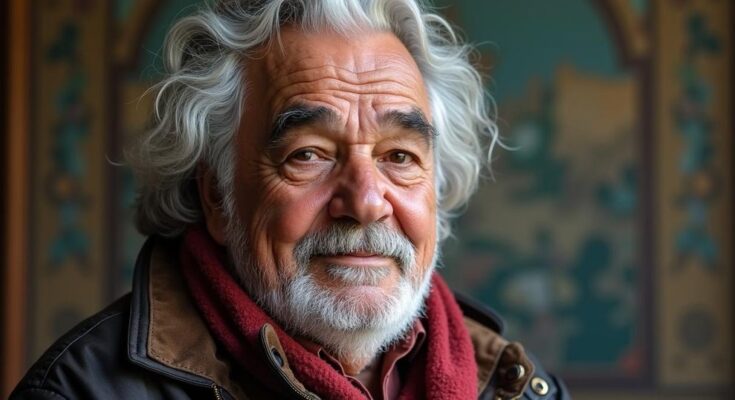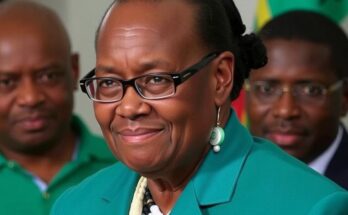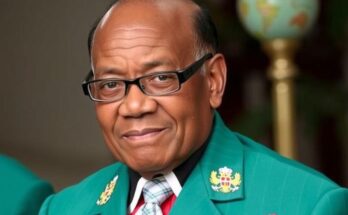Former Uruguayan President José “Pepe” Mujica criticized the governments of Daniel Ortega in Nicaragua and Nicolás Maduro in Venezuela, labeling them as indefensible and suggesting they feign democratic practices. Mujica expressed skepticism about the effectiveness of Brazilian President Lula’s mediating efforts amid rising tensions between regional leaders. His comments touch upon broader reflections on the failures of socialism and the future of capitalism.
In a recent interview with El Observador, former Uruguayan President José “Pepe” Mujica asserted that the regimes of Nicaragua and Venezuela, led by Sandinista leader Daniel Ortega and Venezuelan President Nicolás Maduro respectively, are fundamentally indefensible. He remarked that both leaders “play at democracy” without the resolution to openly support a more authoritarian stance, saying, “they don’t have the courage to say, ‘we stand for the dictatorship of the proletariat.'” Mujica characterized their governance as a convoluted mess stemming from long-standing political choices. Mujica expressed his concerns regarding the support that the Tupamaro Liberation Movement has shown towards Maduro’s governance, criticizing their interpretation of Venezuelan elections as exemplary and distancing himself from such views. He voiced skepticism about Brazilian President Luiz Inácio Lula da Silva’s ability to mediate effectively with Maduro and Ortega. He noted that Lula’s attempts at negotiating peace have faced significant obstacles, suggesting that the Venezuelan leader would likely remain unresponsive to external pressures for change. Tensions have escalated between Lula and Ortega, particularly after Ortega publicly admonished Lula, suggesting ulterior motives behind his diplomatic gestures. Their strained relations culminated in reciprocal expulsions of diplomatic representatives, reflecting the deteriorating bilateral ties. When asked if he continues to combat capitalism, Mujica offered critical reflections on historical socialist efforts, describing them as failures while asserting that capitalism itself may ultimately be disrupted by its contradictions. He stressed, “The paths tried have been astonishingly naïve,” mirroring his belief in humanity’s potential despite systemic challenges. Mujica concluded, “In the end, it’s not that I believe in socialism. I have the flaw of believing in humankind, despite all the troubles.”
This article focuses on the opinions expressed by Pepe Mujica regarding the current political climates in Nicaragua and Venezuela. Mujica, known for his leftist stance and previous leadership in Uruguay, critiques the nature of Ortega’s and Maduro’s governments as defective examples of democracy. He highlights the complexities of these regimes contrasted with the ideals of socialism and capitalism, adding depth to the discussion about governance and political legitimacy in Latin America. The context also includes Mujica’s observations on Lula’s diplomatic efforts and the tensions between Brazilian and Nicaraguan leadership, illustrating the fragility of political alliances within the region. Moreover, Mujica’s reflections on socialism speak to a wider conversation about economic systems and their adaptability, providing insights into his views on humanity’s socio-political evolution.
In summary, Pepe Mujica’s critique of Nicaragua and Venezuela as flawed democracies highlights significant concerns regarding political legitimacy and governance in Latin America. His skepticism of the Tupamaro Liberation Movement’s support for Maduro’s administration, accompanied by Lula’s fruitless attempts at mediation and the escalating tensions between national leaders, underscores the complexities of regional politics. Mujica’s reflections on capitalism and socialism reveal a broader philosophical stance on human nature and social change, suggesting a roadmap for overcoming systemic issues in governance.
Original Source: havanatimes.org




